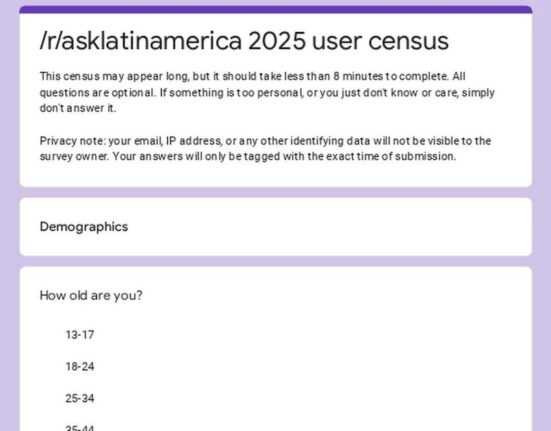In the early months of 1975, Rubén Stupiello decided to sell a house in Buenos Aires and deposit his pesos in an Argentine bank, enticed by the high interest rates that promised to yield more from his money. However, his good fortune was short-lived. Just a few months later, the Argentine Economy Minister, Celestino Rodrigo, announced a set of economic measures that led to a peso devaluation of over 100%. This event, known as the “Rodrigazo,” convinced many Argentinians that saving in dollars was a safer bet than their volatile local currency.
Over the years, economic crises and government interventions further eroded trust in the peso and the banking system. The infamous “Corralito” in 2001 restricted the withdrawal of dollars from banks, leading to a forced conversion of dollar savings at a lower exchange rate. This deepened the populace’s distrust in both the peso and financial institutions, prompting many to hoard dollars outside the banking system, giving rise to the popular practice of keeping “dollars under the mattress.”
Today, an estimated $246 billion in undeclared dollar savings lie outside the Argentine banking system, surpassing the country’s international reserves and constituting a significant portion of the GDP. The current government, under Javier Milei, aims to reintegrate these dollars into the formal economy, viewing those holding undeclared dollars as pivotal to the country’s economic recovery.
“Those with dollars under the mattress are the heroes who will drive this country forward.”
To incentivize the declaration and utilization of these savings, the government introduced a plan allowing individuals to invest in properties or fixed-term bank deposits without revealing the source of their funds. This push for financial transparency seeks to shift the narrative away from viewing those with undeclared savings as criminals, emphasizing individual freedom and trust in the financial system.
The prevalence of “dollars under the mattress” reflects a deep-rooted mistrust in the local currency and financial institutions. Argentinians like Santiago, a 37-year-old entrepreneur, cite past family experiences of losing savings during economic turmoil as a reason for keeping their dollars outside the banking system. This behavior underscores a broader trend where saving in foreign currency, particularly the dollar, is seen as a safeguard against inflation and devaluation.
“Saving in the local currency within the financial system has not been advantageous for Argentinians in recent years.”
However, this widespread hoarding of dollars poses significant challenges to the economy. The absence of these dollars in the banking system limits the country’s ability to import goods, invest in local businesses, or stabilize the exchange rate. Instead of circulating within the economy, these dollars remain stagnant, hindering economic growth and exacerbating the chronic shortage of foreign currency.
The government’s recent measures to encourage the declaration and utilization of undeclared dollars have sparked debate and criticism. While some argue that it promotes financial freedom and trust, others caution against incentivizing informal economic activities and tax evasion. The delicate balance between fostering transparency and combating financial crimes remains a central concern in this initiative.
“The key question is whether there are sufficient incentives for Argentinians to regain trust in their financial institutions and ultimately, their own currency.”
As Argentina grapples with its longstanding economic challenges, the quest to bring dollars back into the formal financial system represents a shared ambition across successive administrations. The success of this endeavor hinges on rebuilding public confidence in the financial sector and fostering a sustainable economic environment that encourages savings and investment. Ultimately, the journey to reclaiming trust in the national currency is not just a policy objective but a societal imperative for Argentina’s economic future.









Leave feedback about this